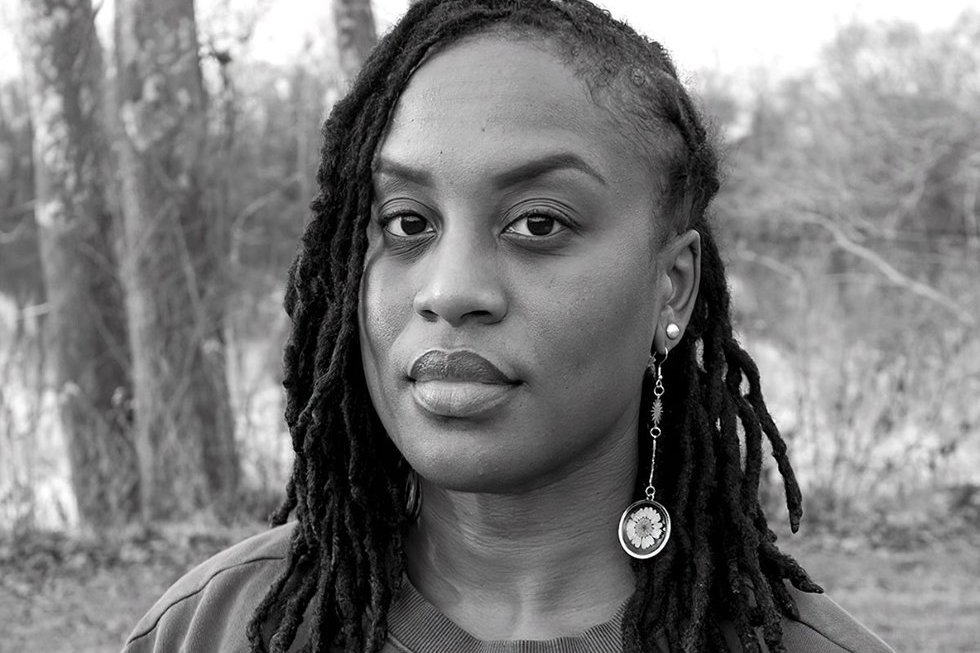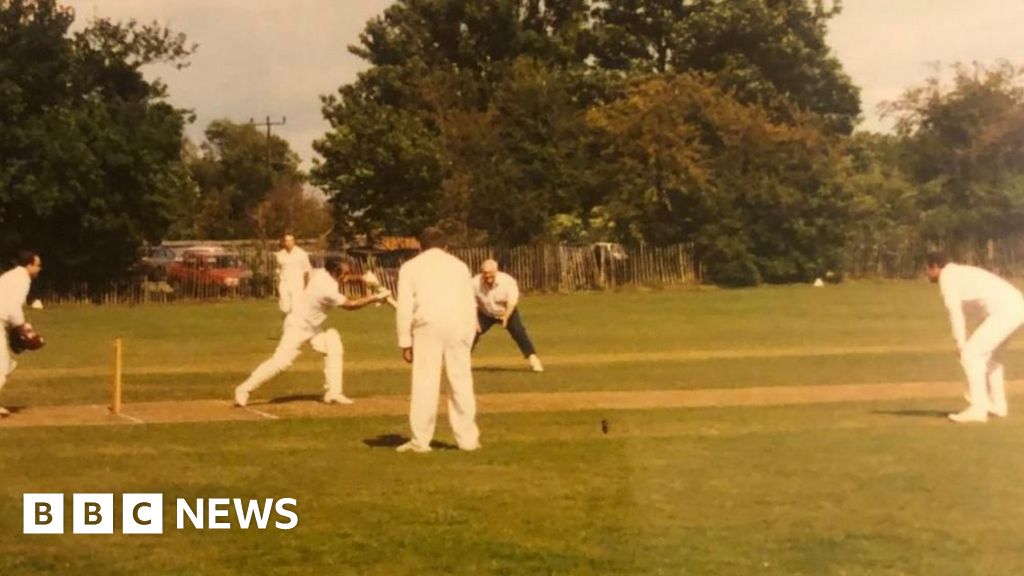Movement has always been at the center of Marcia Dernie’s life and career. The doctor of physical therapy, yoga instructor, powerlifter and athlete has encouraged active lifestyles and wellness to peers and clients alike. When the symptoms of an autoimmune illness began to limit their lifestyle, Dernie sought new ways to find mental and physical well-being.
Dernie’s book, “Movement for Every Body,” came from this changed relationship with fitness. Released this past August, the guide combines the local author’s personal experiences and actionable fitness advice with the aim to help readers redress their conceptions of wellness to a sustainable standard.
Richmond magazine: What in your background inspired you to write this book?
Marcia Dernie: As a provider, with my patients, there was just always something missing. If I never went past just this person’s pain, [they] really didn’t get better. When I went from being just a provider to also the patient, seeing both ends of it was a full-circle moment that inspired me. There’s a lot of bits of my experience in my life where I see how much movement can be used to just make ourselves happy and also make ourselves more aware of what’s going on in our bodies.
RM: How can the book help readers of all abilities?
Dernie: I definitely think this book is not something you read once and say, ‘Well, I did it, I’m done.’ You could come back to this at different parts of your life, or you could rework through parts and find what helps you best. … That’s why there’s journaling exercises; that’s why it’s not just images and exercises. There’s a lot of deep dive questions like, ‘Well, who told you that? Why do you think this way?’ … It’s not a book that says, ‘This is what you need to do, and this is how you have to do things.’ It’s, ‘I’m gonna need you to figure this out.’
RM: What are some of the major roadblocks to inclusivity in the fitness and wellness worlds?
Dernie: This is something that I went through with my chronic illness: We’re very much obsessed with the ‘either/ors.’ … So if I say that I’m disabled, that means that I can’t lift weights. If I say that I’m old, then that means I can’t be strong, right? We have to kind of break ourselves away from that and embrace the gray areas. Nothing is neat and tidy. It doesn’t really matter what size I am, what ability I have, my age — anything can happen. But that’s really where the limits I feel like come from.
RM: Does Richmond have a strong, inclusive fitness community?
Dernie: I feel like there’s a lot more inclusivity in Richmond’s spaces. There are a lot of communities [here] that are just busting out the door with inclusivity, but overall, I think we can still do better, and we can also do better to just embrace movement for fun. It doesn’t have to be for weight loss. It doesn’t have to be to get a snatched waist. We can just have fun with it.
This interview has been edited for length and clarity.














